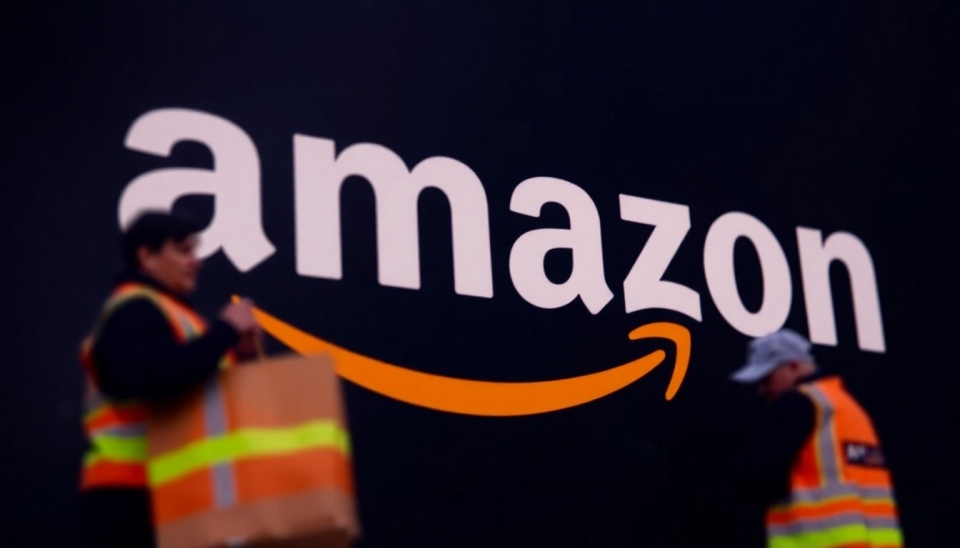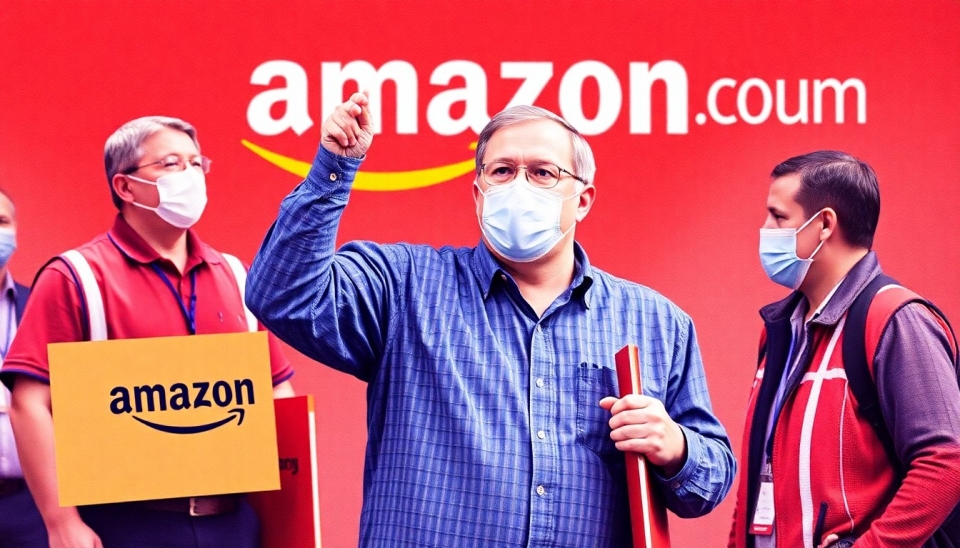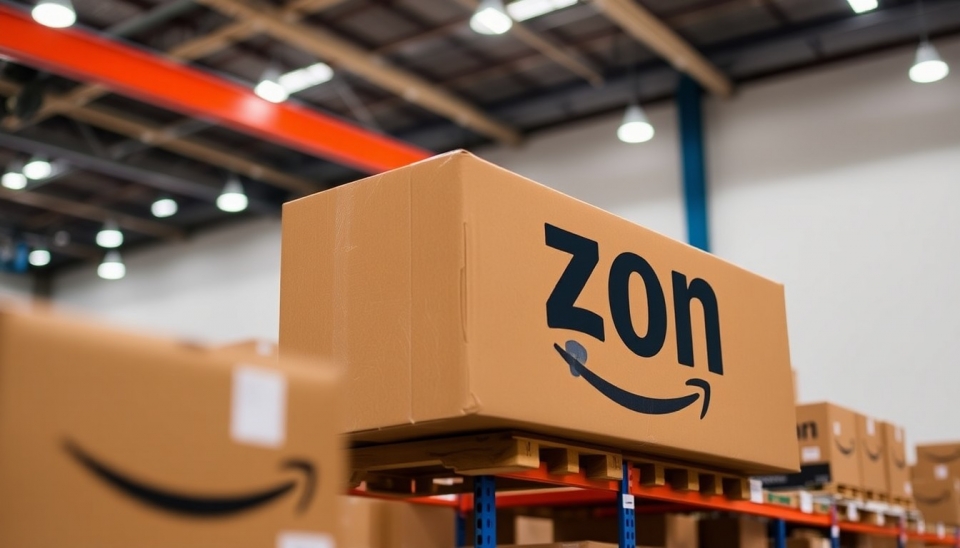
In a significant shift in policy, Amazon has announced that it will resume its practice of screening employees for theft by requiring workers to provide personal phone details. This decision, while aimed at addressing internal theft issues, has sparked concern and raised questions about employee privacy and morale.
The online retail giant's move comes in response to a growing trend of inventory shrinkage, which has reportedly been exacerbated by the increase in online shopping, particularly during the pandemic. The company believes that implementing this screening measure is necessary to protect its assets and ensure that customers receive the products they order.
Under the new policy, Amazon employees will be asked to submit their phone numbers, which will be linked to a tracking system that monitors employee interactions with merchandise. Critics argue that this approach can create a hostile work environment and contribute to a culture of mistrust among staff. Many employees feel that they are being treated as potential criminals rather than valued members of the Amazon workforce.
Advocates of the policy defend it by arguing that the measures are essential for mitigating losses and ensuring that the company can continue to operate efficiently. They point to statistics indicating that loss from theft—historically a challenge in the retail industry—has surged, prompting the need for more stringent oversight of inventory management.
As backlash against the policy grows, some labor advocates are organizing to push back against what they see as an infringement on employees' rights. They argue that such surveillance methods could lead to retaliation against workers and diminish overall job satisfaction. The debate is intensifying, with various stakeholders weighing in on the implications of Amazon's decision.
This latest development highlights the ongoing tension between labor practices in the retail sector and the technological measures being implemented to counteract inventory loss. It remains to be seen how Amazon's workforce will react to these new requirements and whether the company will reconsider its stance in light of employee feedback.
Amid ongoing societal discussions about privacy rights, labor conditions, and worker protections, Amazon's decision to reinstate theft screening practices underscores the complexities involved in balancing operational needs with employee welfare. As the situation evolves, all eyes will be on Amazon to see how it navigates this contentious issue.
As public sentiment continues to unfold, it is clear that the intersection of technology, retail, and labor is more critical than ever. The future of employee monitoring and surveillance practices in retail spaces remains a pressing topic, with companies like Amazon now at the center of the conversation.
#Amazon #EmployeePrivacy #LaborRelations #TheftScreening #RetailIndustry #WorkplaceCulture
Author: John Miller




